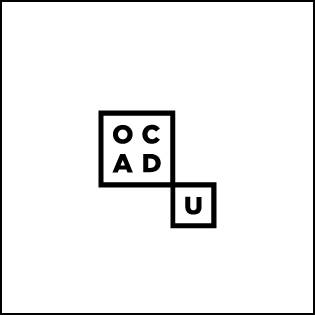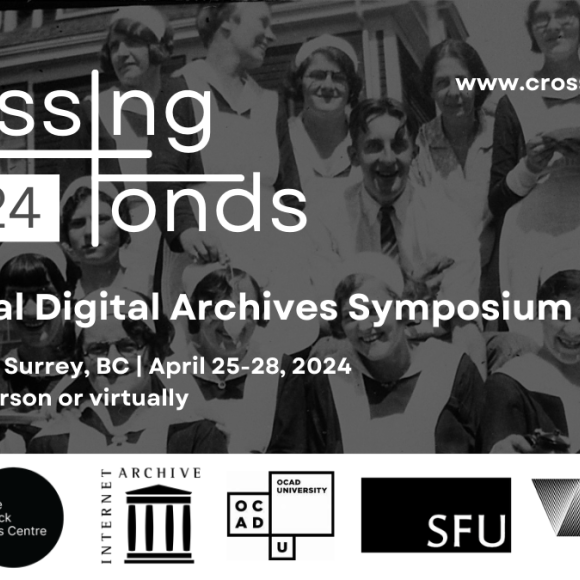IN CONVERSATION: BARBARA LONDON WITH HARU JI AND EUNSU KANG

Barbara London is a longtime media art curator, writer and professor who founded the video exhibition and collection programs at the Museum of Modern Art, where she worked between 1973 and 2013. Her new book, Video/Art, The First Fifty Years, is being released by Phaidon Press in January 2020.
Toronto-based Haru Ji and Pittsburgh-based Eunsu Kang both wear several hats, as media artists, researchers and professors engaged with human-machine interfaces and interactivity with A-Life and AI techniques. Their artmaking involves a profound understanding of hardware and software, which steadily undergo upgrades that challenge their innovations.
Together Barbara London, Haru Ji and Eunsu Kang will look at art and experimental research processes, in particular interactivity and what has been labeled “interface culture.”
Space is limited, rsvp required.
RSVP now
ABOUT THE EXHIBITION:
TECHNOIMAGINATION: LIVING DATA
Ever since the advent of the internet, an influx of data has become available from a variety of sources. As an era of Big Data has dawned upon us, the amount of unstructured data and the methods of its analysis have greatly increased, thereby intensifying the imperative to know the types of data to extract and filter, today a common interest in all fields including the arts.
Living Data presents data-based works by Haru Ji & Graham Wakefield, Yoon Chung Han, and Eunsu Kang and collaborators. As artists and educators who have combined art and data in the labs of universities, they explore post-information age themes including the ethical issues in artificial intelligence, the privacy of biometric data, and the living systems of virtual environments.
Haru Ji & Graham Wakefield’s Infranet employs an artificial life agent with an evolutionary neural network that transforms urban infrastructural data into a virtual artificial ecosystem. Eyes by Yoon Chung Han utilizes biometric data to transform iris patterns into an interactive installation of musical sound and 3D-animated images. Eunsu Kang’s Aural Fauna presents an unknown organism form, called aural fauna, that enigmatically reacts to visitors’ sound and touch.
The three works presented in Living Data expand the boundaries of creative expression through their visualization of analyzed data, revealing a data-dependent artistic communication relevant to contemporary society’s data dependency.

